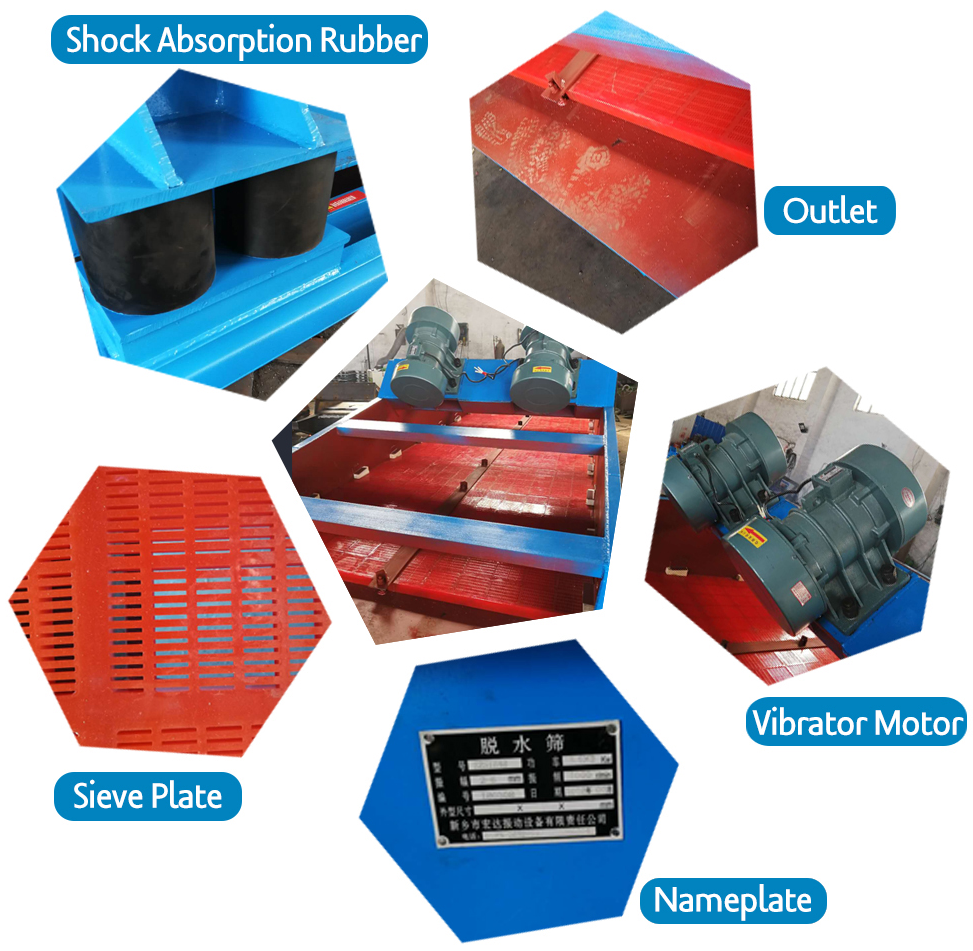Subscribe Now! Get features like
At around 3 every morning, hours after the hundreds of jewellery showrooms and gold workshops in Delhi’s Karol Bagh and Chandni Chowk neighbourhoods down their shutters , a group of men get to work. Most spread themselves out and begin sweeping the floors outside the shops. Others take the lids off the sewer lines and stealthily slide inside. Powder Sieving Machine

These are Delhi’s gold hunters. Over the next few hours, they will go about sifting gold dust and tiny slivers of the precious metal from the dirt outside the shops. Then they have a tedious and grimy task — of cleaning the many kilos of muck in the hope of finding particles of gold.
The gold hasn’t ever made any of them rich, but by late afternoon, each of them will be hoping to earn ₹ 200- ₹ 2,000 — depending on their luck, skill and experience.
The price at which they are able to sell the gold they manage to sift, too, varies, depending on the quality, the price the buyer is willing to offer and how well they negotiate.
The market rate for 24 carat gold in Delhi today is ₹ 32,130 for 10 grams. The gold hunters get between ₹ 20,000 and ₹ 30,000 for that quantity.
Neighbourhoods such as Regharpura and Desh Bandhu Gupta Marg in Karol Bagh and Dariba Kalan in Chandni Chowk host over 2,000 registered and unregistered jewellery showrooms and gold workshops. Goldsmiths who work with the metal inadvertently end up carrying minute pieces and dust of gold in their clothes, hair and shoes when they walk out at the end of the day’s work.
Some gold also flows into the drains when the craftsmen wash themselves after work.
“The gold dust gets mixed with the mud outside the workshops. We earn our living from the gold that was otherwise going to be wasted. It is quite similar to a barber’s shop. When the barber walks out of the saloon, he is bound to carry some hair on his body,” said Mohammad Salil, one of around 200 men engaged in the occupation.
Salil and the others don’t need workshops or high-end equipment to sieve gold from the mud. A large open area next to their Dev Nagar slum is their workstation. They have arranged free sources of constant flowing water to clean the mud. They have also dug up large pits to dispose of the leftover.
Having brought the mud and muck in sacks and pans after their early morning operation, around a dozen men squat around each of the six pits in the Dev Nagar slum. Filled with dirty mud and black water mixed with acid, each of these pits is of eight metres in radius and six feet deep.
Mohammad Lala, a 35-year-old whose father taught him the tricks of the trade, half fills a pan with the mud collected in the morning. He then adds some clean water to it before beginning to tilt the pan. He then carefully sifts his fingers through the mix, never wavering from the job.
“The naked eye cannot spot any gold in the mud. But I am hopeful that there will be some gold,” said Lala. The sieving process could take up to two hours, during which time the mud will need to be repeatedly washed.
“Since gold is heavy, it keeps sinking to the bottom of the pan. With each wash, I remove some mud from the pan. By the end, I will be left with just a small pinch of mud, which will contain gold dust that will be visible to my eyes but can’t be separated with hands,” said Lala.
With Lala’s hands dirty, a friend lights a beedi and places it between his lips.
The next step in the process is to use a magnet to remove magnetic particles from the residue. “I will then add some mercury to the mixture as gold sticks to mercury, leaving everything else behind. The mixture of gold and mercury is then heated in acid. The process separates gold from mercury,” said Aslam Khan, who works alongside Lala.
The last step is to heat the gold over a small furnace that will leave the worker with a tiny ball of gold. “This is around 300-400 milligrams of gold. It is not in its purest form and won’t fetch me the market rate, but I should be able to earn anywhere between ₹ 700 and ₹ 1,200 by selling it,” said Khan, displaying a tiny yellow ball on his palm. It was the result of his work the previous day.
On a bad day, Khan will perhaps collect gold dust that weighs 100-200 milligrams. “If I am lucky, I find tiny gold pieces. There have been occasions when I have collected up to two grams of gold,” said Khan.
Deepak Singh, who introduced himself as the contractor/caretaker for these workers, said the 200 men working at the Dev Nagar slum end up collecting a total of 40 to 60 grams of gold worth ₹ 1-1.5 lakh every day.
Each man takes home ₹ 300-1,000 every day, said Singh, who is in his forties. “Sometimes, they get luckier, and on occasions, they go back with just ₹ 100 in their pockets,” he said.
The jewellers and goldsmiths don’t mind this offshoot of their business but they aren’t ignoring the opportunity to make an extra buck.
“We ensure our craftsmen dust themselves well before leaving. We get the dust inside our shop collected through the year and then sell it for ₹ 1,000-2,000 per sack. People from Delhi as well as other states buy the dust from our shops in bulk,” said Chandan Raj Anand, owner of V Raj Jewellers in Karol Bagh. “If some gold still goes outside, we don’t mind people collecting it.”
Rajesh Lal, a goldsmith working in Chandni Chowk’s Dariba Kalan, said even the leftover water after craftsmen wash themselves is saleable.
“We are required to wash ourselves well at the shop before leaving so that no gold dust goes out with us,” said Rajesh. When he worked in Karol Bagh earlier, his employer needed him to wear a separate uniform.
Contractor Deepak Singh said he and his men are among the buyers of the dust sacks and water. “The dust from inside the shops holds much more gold. There have been occasions when we recovered gold worth ₹ 15,000 from one sack,” said Singh.
The work with acid, mercury and the dirty water has a fallout – it leaves the gold hunters with coarse hands and falling hair.
“We collect gold, but most of our wives and mothers have never worn gold jewellery. Given the dirty nature of our work, many of us don’t even reveal our work to our families. We tell them we work as daily wage labourers,” said Pappu Lal, a worker.
At the end of each day, Lal bathes twice to remove the stench from his body. “I use soap and shampoo to bathe. A deodorant helps to remove the stench. My children wouldn’t eat with me if I walked home without a bath,” said Lal.

Sifter Separator Machine Their work often leads the police to them whenever there is a theft at any jewellery shop. “We are the usual suspects, but never has any of us been arrested for any theft. We have a goose that lays golden eggs. We wouldn’t kill the goose and lose all our golden eggs,” said Singh.